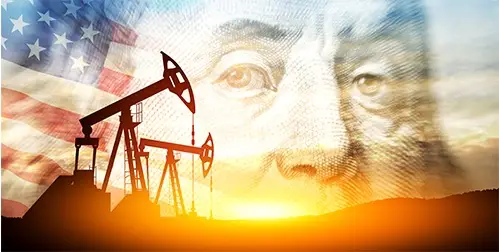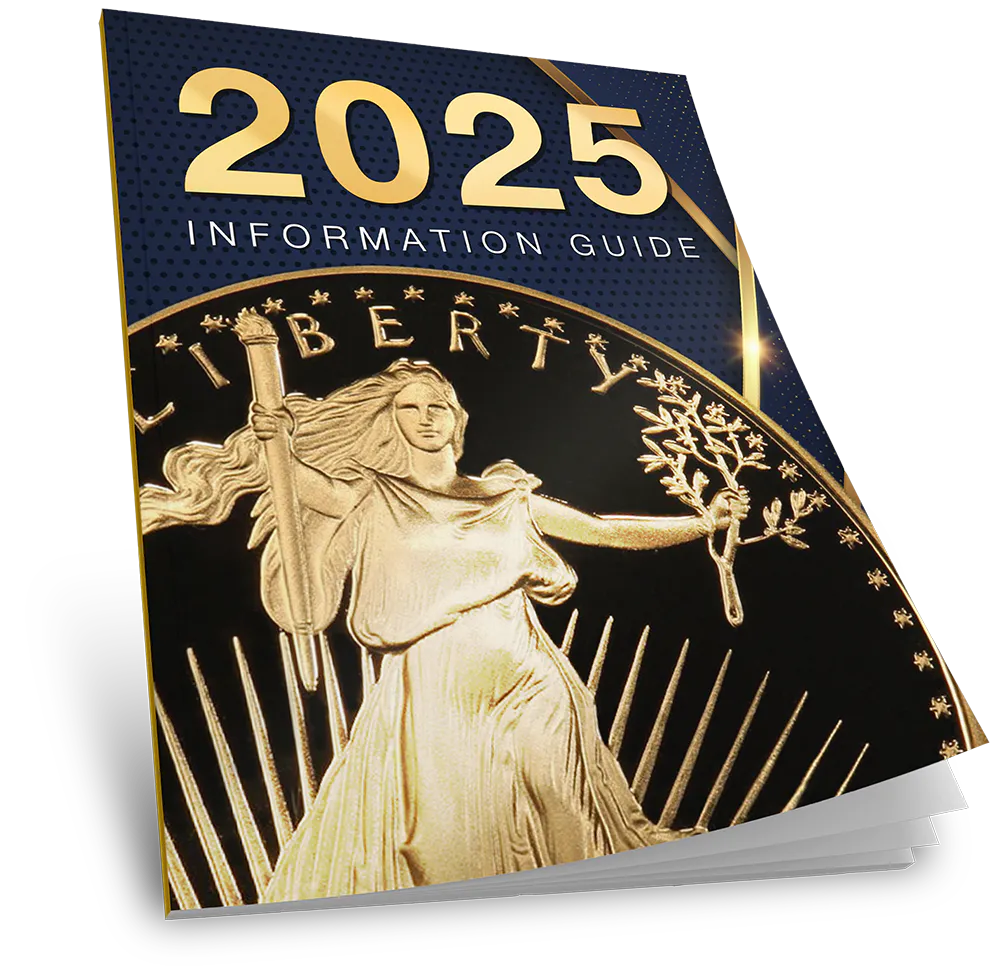The End of the Petrodollar
For decades, the petrodollar system has been a cornerstone of American economic dominance. But as global dynamics shift, this long-standing arrangement is showing signs of wear. A recent analysis by the Atlantic Council points to potentially severe consequences for the US economy and retirement savings.
The Petrodollar: A Brief History
The petrodollar system was established in the 1970s. It refers to the practice of oil-exporting countries pricing and selling their oil in US dollars. Despite public perception,
there was no official agreement between Saudi Arabia and the United States to do so. This arrangement emerged from an informal agreement between the US and Saudi Arabia in 1974. The US agreed to sell weapons to Saudi Arabia. And in return, the Saudis would invest their excess cash in US Treasuries, helping finance American fiscal deficits.
This system helped stabilize the dollar during a time of economic uncertainty. Nixon had just taken the country off the gold standard to deal with high inflation and a threatened run on gold. The petrodollar arrangement helped maintain the dollar’s status as the world’s primary reserve currency and its value in international trade.
Changing Tides
Today, the global economic landscape looks vastly different. America’s economic dominance has declined. The US share of global GDP falling from 40% to 25% since 1960. The US dollar made up 72% of all reserve currencies 25 years ago. Today that number is 58%. Meanwhile, China has surpassed the US in purchasing power parity terms.1
 2
2
For the Saudis, the move away from the petrodollar makes sense as they follow the money.
The US is no longer dependent on Saudi oil. The US is now the largest oil producer in the world, followed by Saudi Arabia and Russia.
“China has become Saudi Arabia’s largest oil customer, accounting for more than 20% of the kingdom’s oil exports. Beijing has established close, trade-driven relationships throughout the Middle East, where US influence has waned,” Hung Tran of the Atlantic Council wrote.3
Saudi Arabia is following the example of Russia, who is pricing their oil sales to China in Chinese Renminbi (RMB). Notably, the RMB’s share of international payments has more than doubled over the past five years. China views the BRICS Alliance as a helpful tool to expand the RMB and pursue the de-dollarization agenda. Saudi Arabia’s imminent BRICS membership is aiding that objective.
Saudi Arabia has already joined with China to help create mBridge, a system that uses digital dollars to conduct international trades. mBridge cuts out the need to convert local currencies into US dollars to conduct cross-border transactions.
Impact on Your Retirement
The end of the petrodollar system could undercut one of the foundations of US economic dominance and have significant implications for your retirement savings. If oil is priced in currencies other than the dollar, global demand for the greenback could decline. Its value would potentially weaken. A weaker dollar could lead to higher inflation in the US, as imported goods become more expensive. To combat inflation, the Federal Reserve might further raise interest rates, affecting bond markets and borrowing costs.
Higher inflation could erode the purchasing power of your savings and investments. While nominal investment returns might increase, real returns (after accounting for inflation) could decline. A weaker dollar and higher interest rates could potentially lead to volatility in US stock and bond markets.
Conclusion
The Atlantic Council, a prominent economic think tank, analyzed the seismic impact a shift away from the petrodollar would have. They see a foundation of dollar dominance being removed in a new multi-polar world. The de-dollarization movement would accelerate. A gold-backed BRICS+ currency or the Chinese RMB could become the standard for international trade and reserves. A new weakened dollar would wreak havoc on retirement savings.
Moving funds into safe haven asset like physical gold and silver can preserve their value against the threats posed by the end of the petrodollar. A Gold IRA presents a long-term wealth preservation strategy to protect against a changing global economic climate. Contact American Hartford Gold today at 800-462-0071 to learn more.
Notes:
1. https://markets.businessinsider.com/news/currencies/dollar-dominance-dedollarization-petrodollar-saudi-crude-greenback-china-yuan-brics-2024-6
2. https://www.usfunds.com/app/uploads/2023/03/COMM-total-global-foreign-reserves-03242023.png
3. https://markets.businessinsider.com/news/currencies/dollar-dominance-dedollarization-petrodollar-saudi-crude-greenback-china-yuan-brics-2024-6






